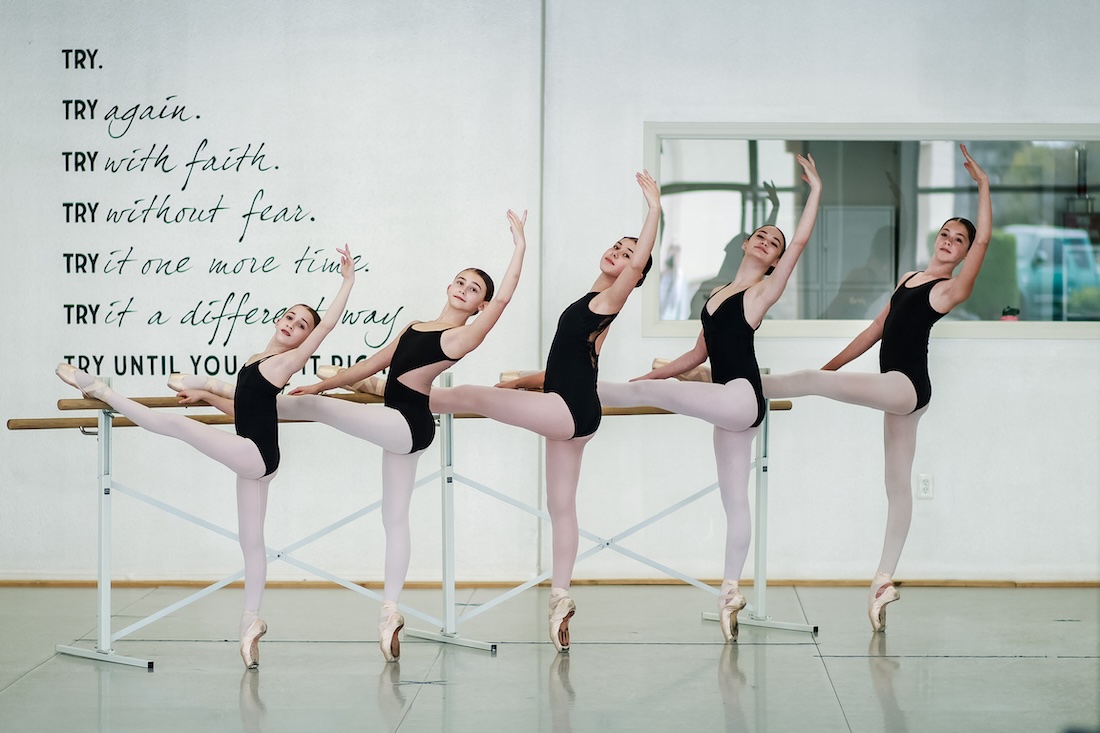
Ballet is more than just tutus and twirls. It’s a powerful tool for helping kids develop inner strength, discipline, and self-belief.
For parents looking to nurture their child’s physical and emotional growth, children’s ballet lessons offer a meaningful path to resilience and confidence.
Read on to explore how ballet supports children’s emotional development, encourages perseverance, and helps build the kind of lasting self-assurance that sets them up for success in every area of life.
Why Confidence and Resilience Matter in Early Childhood
Confidence and resilience are foundational skills that shape how children handle challenges, learn new things, and build relationships.
Kids who believe in themselves are likelier to try, fail, and try again — traits that are critical both in and out of the classroom. Developing these skills early in life can help your child:
- Embrace new experiences.
- Persevere in the face of challenge.
- Build emotional strength and adaptability.
- Form healthy relationships with peers and adults.
- Achieve long-term success in school, sports, and life.
At America’s Kids In Motion, we believe in supporting these traits through structured, research-based movement programs.
When children face early struggles, like learning to read, making friends, or overcoming fears, resilience gives them the mental tools to bounce back when things don’t go as planned.
How Children’s Ballet Lessons Help Build Resilience
Children need to learn how to navigate life’s inevitable bumps, and ballet provides a natural, supportive environment where children can build strength to overcome difficulty from the inside out.
Learning from Mistakes and Persevering Through Challenges
Ballet is built on repetition. Children are encouraged to try, adjust, and try again, teaching them the value of perseverance. They learn that progress comes from practice, not perfection, and that falling out of a move is just part of learning.
Instructors provide gentle feedback that helps dancers improve without discouraging them. Over time, kids begin to internalize the message: “I can keep going, even when it’s hard.”
Discipline, Routine, and Mental Fortitude
Ballet classes follow a consistent structure, which helps children thrive within a familiar routine. This predictability builds a sense of security and responsibility.
Through repetition of warm-ups, barre work, and choreography, kids develop mental discipline that carries into school and social settings.
Research shows that routines contribute to a child’s emotional regulation and mental health, giving them tools to manage stress and anxiety.
Building Confidence Through Movement and Achievement
Confidence isn’t something that develops overnight. It builds over time through small victories and meaningful progress, which is where ballet shines.
With every new movement learned and technique refined, children start to see what they’re capable of. That self-assurance follows them well beyond the studio.
Mastering New Skills and Celebrating Progress
There’s nothing quite like the look on a child’s face when they master their first sauté or balance en relevé. These moments are confidence builders that go beyond learning a physical movement.
Children learn to trust their bodies, take pride in progress, and enjoy the satisfaction of achieving something they’ve worked hard on.
Performing in Front of Others
From casual parent showcases to larger recitals, performance is an essential element of ballet.
Dancing on stage teaches children how to manage nerves, express themselves under pressure, and feel proud of their efforts. Even the shyest child can shine with the proper preparation and encouragement.
At America’s Kids In Motion, recitals are designed to be supportive, celebratory events that empower every child to feel successful.
Emotional Expression and Social Growth Through Dance
Ballet gives kids a safe outlet for emotional expression. They explore joy, frustration, curiosity, and more through music and movement — all without saying a word. This kind of expression supports emotional development and self-awareness.
Ballet is also a social activity. Children learn to move in unison, respect each other’s space, and encourage their peers. These group dynamics help foster lifelong skills like teamwork, patience, and empathy.
How Parents Can Support Their Child’s Mental Growth
Parent input is essential to reinforcing the resilience and confidence kids build in class. Here’s how you can help:
- Celebrate effort over perfection: Praise your child for trying, practicing, and sticking with it.
- Be consistent: Regular attendance helps your child feel committed and connected.
- Talk through tough days: Help your child process frustration and see it as part of the journey.
Why America’s Kids In Motion Is the Ideal Place for Children’s Ballet Lessons
With age-appropriate instruction, experienced teachers, and a nurturing environment, America’s Kids In Motion is the trusted choice for children’s ballet lessons in Fresno. We combine structured skill-building with emotional growth to create a holistic experience for every dancer.
Whether your child is just beginning or ready to shine on stage, we make sure they feel supported, safe, and celebrated every step of the way.
Sign up for a lesson today to start your child’s ballet journey and join over 2,000 Fresno-area families who trust America’s Kids In Motion to build strong, confident kids through movement.




